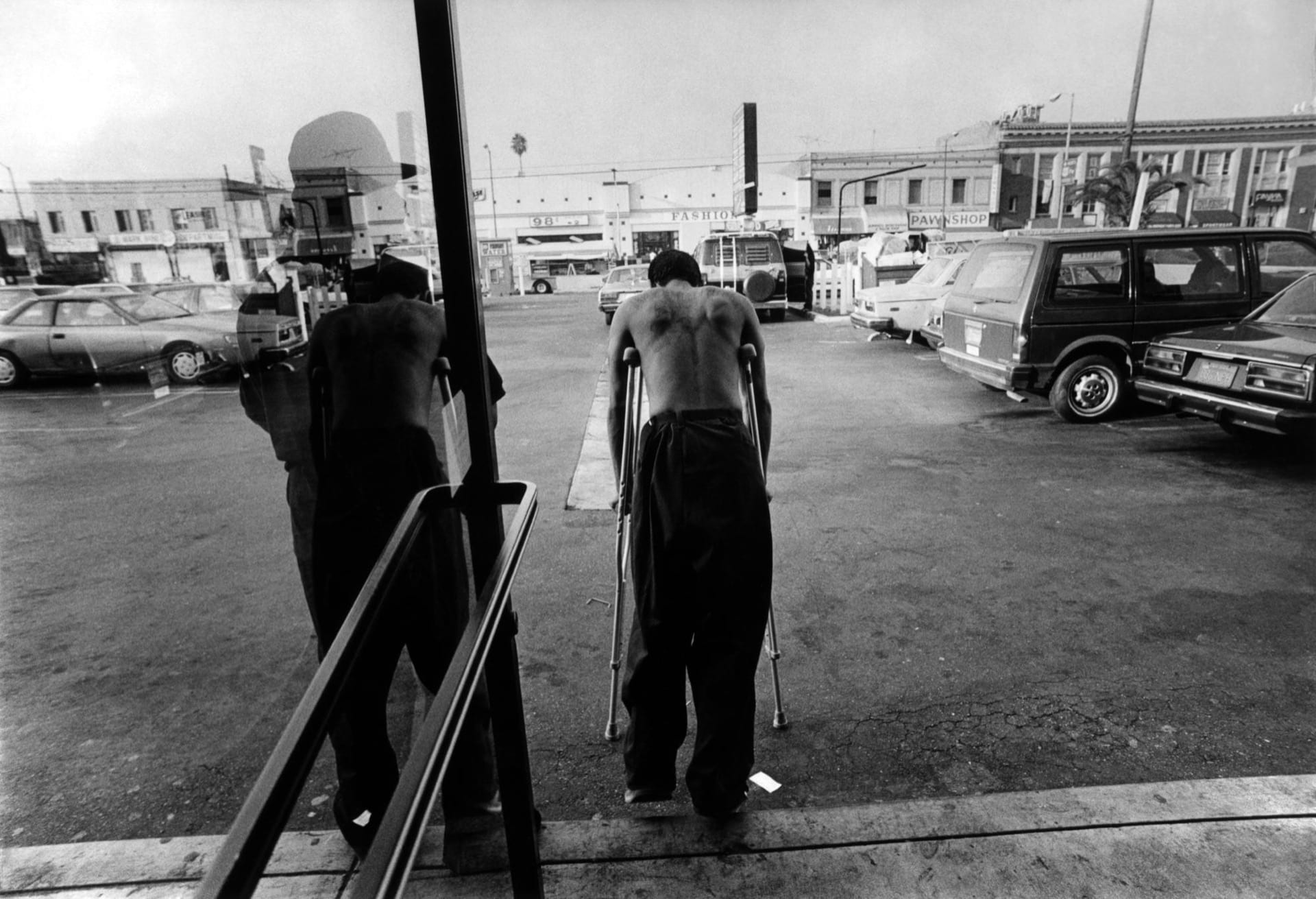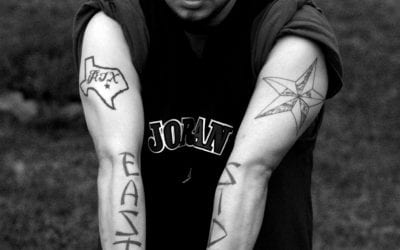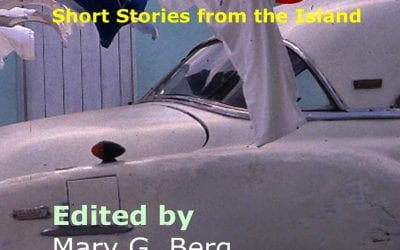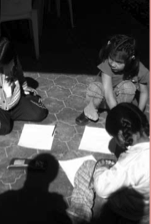Violent Souls
Assessing Police Brutality Against the Poor
Skyrocketing poverty and public fears of rising crime have put the policing strategies of “mano dura” (the heavy hand) and “mete balas” (just shoot ‘em) back on the Argentine political agenda. The overwhelming majority of brutality victims in Buenos Aires are poor, most living in the shantytowns that ring the city. Many are undocumented immigrants from Peru and Bolivia. The problems have escalated since the late 1980s, and the usual explanations—that the poor have no resources to seek legal redress, that state institutions do not protect the extreme poor and immigrant communities, etc.—are all useful, but they lack a deeper, and in many ways more frightening, dimension of the story.
I spent the summer conducting undercover interviews with the Argentine Federal Police (PFA), generally posing as a small business consultant from the United States, to explore a subculture that promotes and justifies brutality as a legitimate response to crime. One officer, a low-ranking cabo (corporal), remarked to me that he loved philosophy—Hobbes was his favorite—because it helped him understand “how the criminal mind really works.” He continued, “Violence is in our souls,” as some primordial urge “that only disappears as society and the Catholic Church cover it up” through social integration. The poor have not been “covered up,” he explained; they aren’t real members of society, and therefore the police have no power to stop “real human nature” other than by shooting them. Other policemen (they were all men) offered me similar interpretations of human nature and crime.
Several other cops, all more moderate, suggested that poverty breeds desperation and desperation breeds crime—but one agente was quick to assert that the police must “show them clearly that being a little hungry is better than violating the laws. Now, they don’t understand that. We have to make them understand it.” Sixteen of the seventeen officers I interviewed agreed that the only way to “keep the poor, the criminals, in their places” is through varying degrees of force.
One sergeant, a training officer with more than twenty years of experience on the force, confided to me that the “books and political pronouncements” in police academies are useless. “The olfato policial” (intuition, literally ‘police sense of smell’) “tells me which ones are the criminals. I know these things, and the new kids [referring to low-level officers] will get it eventually.” Another sergeant explained that many officers’ hostility to formal training doctrines is political: the manuals and protocols come from higher-level officers who are forced, by virtue of their positions, to negotiate with the politicians and bureaucrats who have no idea how street policing is carried out and what tactics remain effective. This officer argued (and tells his subordinates regularly) that the copious literature on criminology and policing tactics “was written for the public, because the politicians have to make it look pretty. The jefes are all politicians now, because their job is to make our mission acceptable.”
This perception has had two distinct implications for the PFA as an institution, both of which the two sergeants openly admitted. The sergeants (and other low-ranking experienced officers) operate an informal command network outside of the formal institutional structure. Moreover, the everyday street cops—who face nearly all of the formal charges of brutality—are trained to ignore the formal doctrines of reform and human rights protection as nothing more than elaborate political maneuvering.
This in-depth look at officers’ beliefs on the nature and motivations of crime illuminates a very different side of the problem of state violence. That the police see rising poverty as a threat to social harmony is nothing new. What is new and worrying is that they connect prior beliefs about the natural violence of poor people to their everyday work. This attitude eliminates transparency and accountability to the approved protocols, training procedures and chains of command. Effective strategies to reform police institutions must address the ideologies and informal institutions that actually shape street policing. Focusing reforms on the formal chains of command and official training doctrines ignores some of the current practices most in need of change.
Winter 2008, Volume VII, Number 2
John Sheffield’09 is an undergraduate Social Studies concentrator focusing on state violence in Latin America. He was a research fellow at the Argentine League for the Rights of Man in summer 2007 with the DRCLAS Summer Internship Program, with additional funding from the Lester Kissel Grant in Practical Ethics.
Related Articles
Salvadoran Youth, Transnationalism’s Other Product
English + Español
A completely distraught junior high school teacher in the Washington DC area approached her assistant principal—a highly-educated white middle-class man—one morning for urgent…
Cuba on the Edge: Short Stories from the Island
If you want to read contemporary Cuban fiction and do not have access to the Spanish original, an increasing number of excellent translations will now allow you to become acquainted with…
Making A Difference: Literacy in Calca
Seated on the floor of their school house twenty attentive first grade eyes watch as Martha turns the pages and asks aloud about the fate of David a friendly llama…





